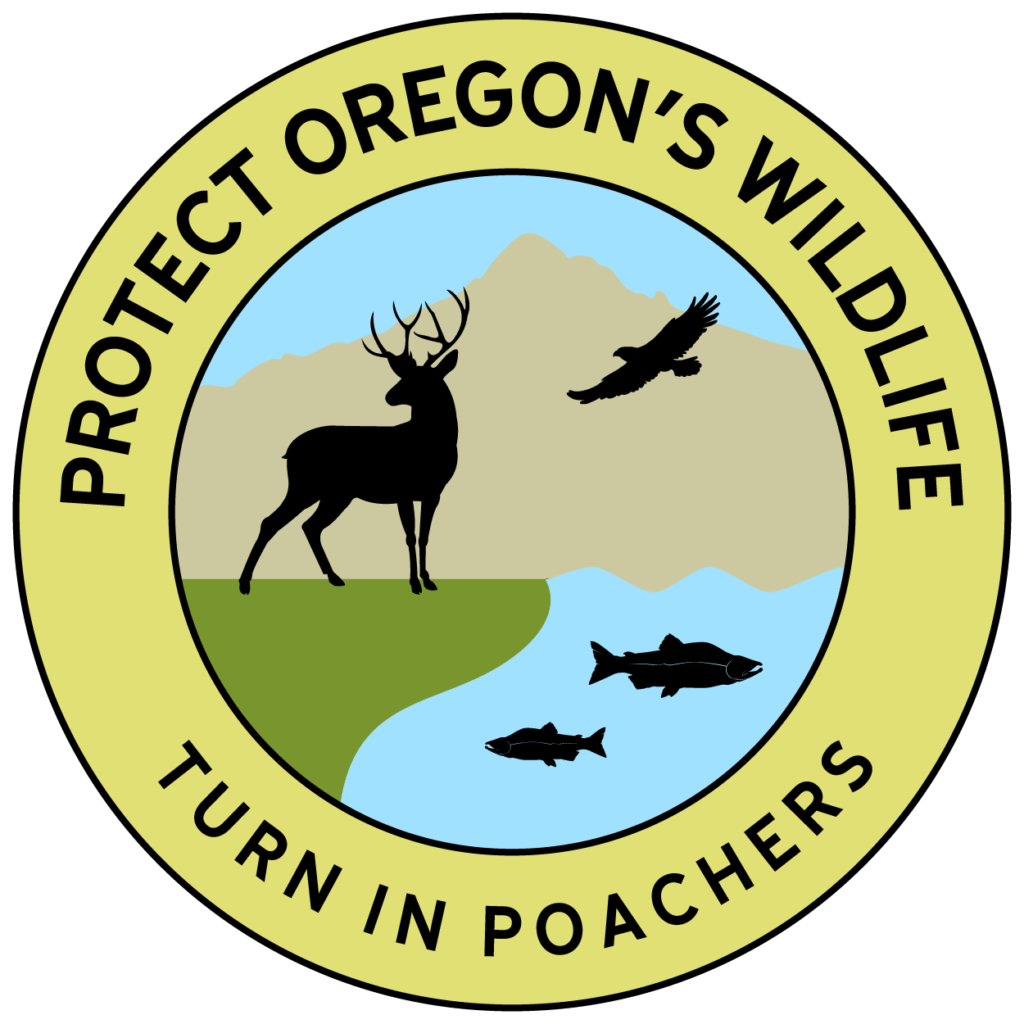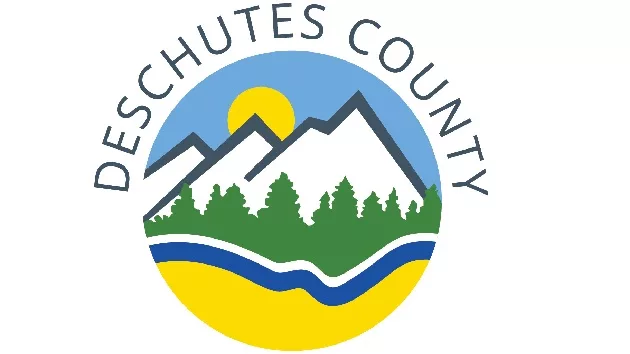Poachers beware. This week, the state launched Protect Oregon’s Wildlife – Turn In Poachers – a new campaign to help protect fish and wildlife for future generations through education and awareness. Now residents across the state can learn more about poaching and how to report the illegal killing of fish and wildlife.
Poaching poses as a direct threat to Oregon’s precious fish and wildlife populations. The new website, ProtectOregonsWildlife.com, features tips on how to recognize poaching, the impact of poaching to wildlife populations and how to report using the state’s Turn In Poachers (TIP) Line.
In 2019, key anti-poaching legislation passed after Oregon Hunters Association and Defenders of Wildlife lobbied to increase recognition, reporting and prosecution of these crimes. Supported by the Oregon Sportsman’s Legislative Caucus, they shared passionate testimonies and gained bi-partisan support.
Legislators funded a collaborative anti-poaching effort with Oregon Department of Fish and Wildlife (ODFW), Oregon State Police Fish and Wildlife Division (OSP F&W) and the Oregon Department of Justice (DOJ). The three organizations work together to reduce poaching by using a three-prong approach of:
- Increasing Awareness: ODFW aims to raise awareness through education campaigns, empowering citizens with the knowledge and tools to identify and report poaching incidents. By encouraging everyone to do their part and report the illegal killing of fish and wildlife, we can create a safer environment for our natural treasures. The Oregon Hunters Association, Oregon State Marine Board, Oregon Wildlife Coalition, and Oregon Outfitter and Guide Association offer cash incentives and ODFW offers hunter preference points for tips that lead to an arrest or citation. People who report poaching can remain anonymous.
- Increasing Enforcement: OSP F&W enforces the rules and regulations that govern the preservation of Oregon’s fish and wildlife resources. The anti-poaching legislation created funding for four additional Troopers and one Sergeant in the OSP F&W division. Their enforcement will help ensure compliance with laws and regulations that protect and enhance the long-term health and equitable use of Oregon’s fish and wildlife resources.
- Increasing Prosecution: The DOJ hired the first Wildlife Anti-poaching Resources Special Prosecutor in the country. Senior Assistant Attorney General, Jay Hall, will guide and assist county prosecutors as they develop the special skills necessary to prosecute fish and wildlife crimes within and across jurisdictions. He will also work with law enforcement agencies, providing guidance on evidence collection, case processes, and penalty options.
Protect Oregon’s Wildlife educates residents on how to recognize poaching and empowers people to report the crime to wildlife officials. Losing our natural fish and wildlife resources mean losing wonders of the state for generations to come.
Along with the new website, Oregonians will see campaign content across the state, including informational blogs, videos and partnerships that will help members of the public – at all levels of awareness – to identify and report poaching. As the initiative continues, Protect Oregon’s Wildlife will interact with the public at events like fairs and sportsmen shows.
“We are thrilled to introduce the Protect Oregon’s Wildlife campaign as a united front against poaching. Poaching threatens Oregon’s fish and wildlife populations and undermines the collective ownership and enjoyment of our natural resources,” said campaign coordinator, Yvonne Shaw. “Members of the public have an opportunity to report crimes against fish and wildlife by educating themselves on how to recognize and report poaching. In this way, we hold poachers accountable.”
The collaborative efforts of ODFW, OSP F&W and the DOJ, along with numerous agency, business and non-profit partners, will reduce poaching across the state. Each organization brings unique strengths to this partnership, combining their missions to protect and enhance Oregon’s diverse fish and wildlife for present and future generations.
Those who submit tips can receive cash for reports leading to citations or arrests. Alternatively, ODFW awards hunter preference points as an incentive for people who report poaching if the report leads to a citation or arrest. Awardees can apply those points to any legal Oregon hunting opportunity. To see a full list of reward amounts, please visit the Protect Oregon’s Wildlife website at ProtectOregonsWildlife.com. All tips submitted to Oregon State Police can be made anonymously.
“We depend on reports from citizens to catch poachers. Together, we can ensure that Oregon’s diverse ecosystems thrive for present and future generations,” said Lt. Craig Heuberger, Oregon State Police F&W Division. “Our wildlife belongs to everyone, and we cannot afford to look away. We encourage everyone to learn more about poaching to safeguard the beauty and biodiversity of our great state.”
For more information on Protect Oregon’s Wildlife and how you can contribute to the protection of Oregon’s fish and wildlife, please visit the new Protect Oregon’s Wildlife website at ProtectOregonsWildlife.com or contact program coordinator Yvonne Shaw.





